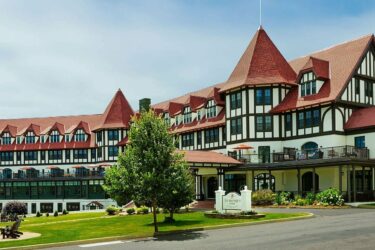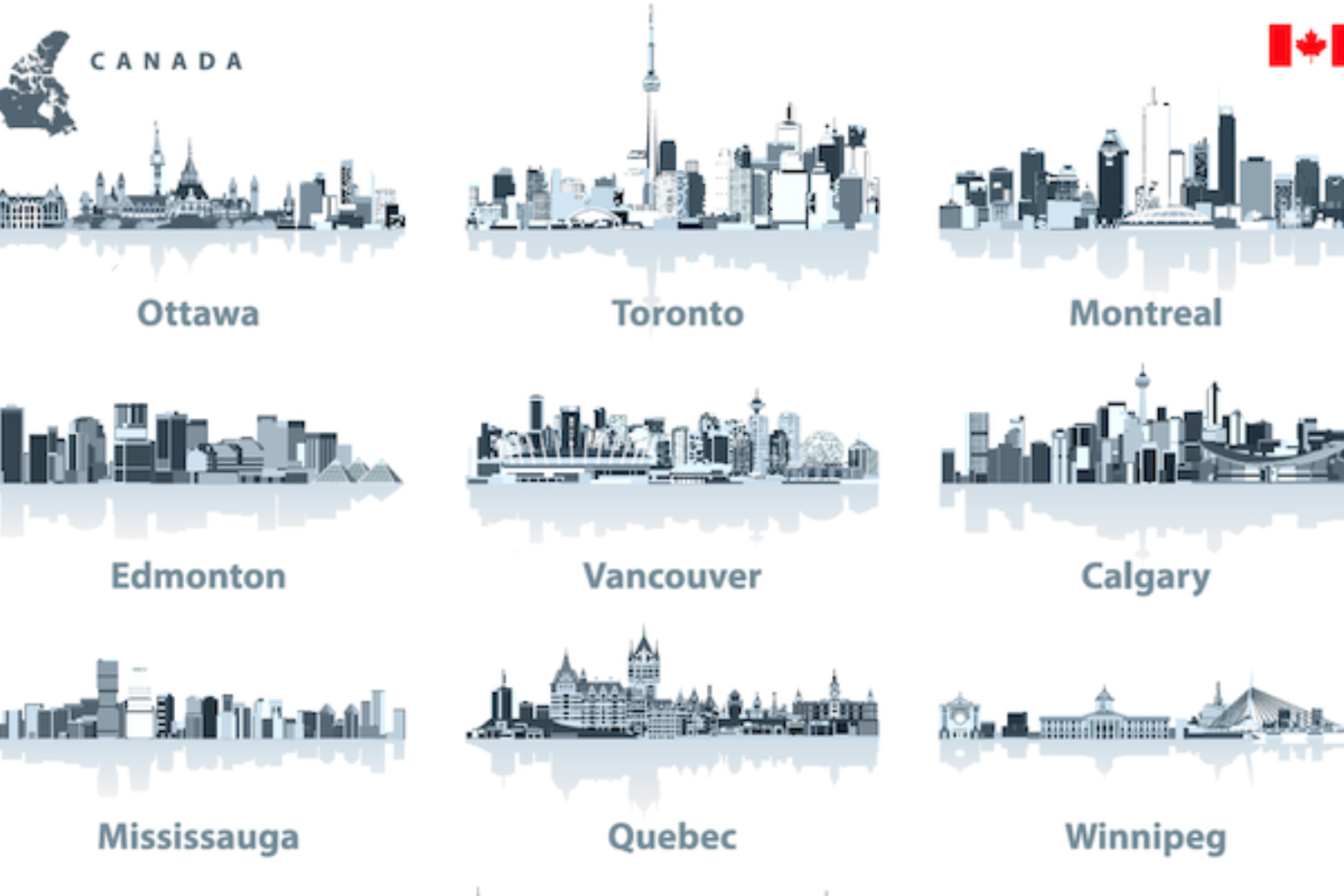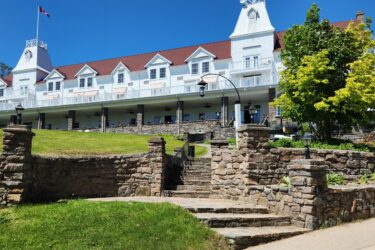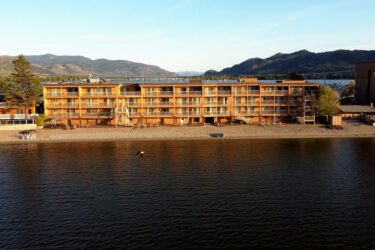
InnVest Hotels acquires The Algonquin Resort St. Andrews by‑the‑Sea, Autograph Collection and The Algonquin Golf Course
InnVest Hotels has acquired The Algonquin Resort St. Andrews by-the-Sea, Autograph Collection and The Algonquin Golf Course.
TORONTO — Even though CBRE’s recent report is about major markets, Brian Stanford, senior managing director and practice lead with CBRE Hotels Valuation & Advisory Services group, spoke up front about how the company had missed out on their forecasts of top line outlooks nationally. “A number of groups thought we were being pessimistic when […]

TORONTO — Even though CBRE’s recent report is about major markets, Brian Stanford, senior managing director and practice lead with CBRE Hotels Valuation & Advisory Services group, spoke up front about how the company had missed out on their forecasts of top line outlooks nationally. “A number of groups thought we were being pessimistic when we made our forecasts early in the pandemic,” he said, but it turns out the opposite was true.
“We had forecast RevPAR would be down 50 per cent nationally — that number was actually closer to 60 per cent. We thought demand would be down 40 per cent; in reality it was off 50 per cent. We thought occupancy would be 39 per cent; it was actually 32 per cent. We forecast that ADR would be down 15 per cent, while it was actually off by 21 per cent.
“The year was more challenging than we expected, and we will face continued challenges during the first half of 2021,” Stanford said.
“When you look at Canadian markets as a whole, you’re talking about 60 per cent drop in RevPAR,” said Stanford. “The 13 markets [shown above] are the most impacted markets, with a 72 per cent drop in RevPAR, while the rest of Canada had 50 per cent.
“If you take that one step further and look at the downtown areas of Montreal, Toronto, Ottawa, Calgary and Vancouver, RevPAR in those markets was down by close to 80 per cent. In those downtown core markets, the lack of corporate demand, meetings and conventions all had an impact.
“The rest of Canada came in pretty consistent with our [early pandemic] forecast, but we certainly missed the mark in downtown markets in particular.”
In the cases of major Canadian cities, the numbers shown above were mitigated because the suburbs were not impacted as much as downtown areas. In the major markets, RevPAR loss has exceeded 60 per cent, but it was big cities and their downtown cores that really led to the overall decline in RevPAR.
Downtown Vancouver had occupancy in the mid-20s, and RevPAR was down by 75 per cent. Vancouver fared slightly better than other cities, in part because its downtown and suburban markets started with much higher occupancy and ADR than other urban centres in 2019. Some leisure business persevered, but Vancouver including suburbs was still down 73 per cent in RevPAR. “They started better, but the impact on a relative scale was still comparable to other parts of Canada,” Stanford said.
Downtown Montreal had the most damage, Stanford noted. Citywide, the occupancy was down to 21 per cent occupancy, but downtown was less than 20 per cent occupancy. RevPAR in the downtown core was down by 80 per cent. Montreal had more COVID and more lockdowns than other major cities, and started the year with numbers that were lower than some of the other centres. That being said, there was not much of a difference between the worst and best downtown areas — 18 per cent occupancy in Montreal versus 23 per cent for the best performer, Vancouver.
In Toronto’s downtown, occupancy was less than 20 per cent, and RevPAR was also down by 80 per cent.
If you look at Calgary, Edmonton, Regina and Saskatoon, the declines in RevPAR ranged from 56 per cent to 69 per cent. The reasons why the declines weren’t quite as dramatic were threefold: those cities started slightly above or below 60 per cent occupancy in 2019; the declines in resource sector had already had an impact; and those cities were already feeling the effects of overbuilding hotels. “They started lower relative to other cities, and the measuring stick was not as high,” Stanford said.
While the Atlantic Canada bubble may have helped control the virus and sustain some economic activity with a high level of travel among the eastern provinces, St. John’s, N.L., and Halifax, N.S., were among the worst performers of the Top 13 markets. “We recognized that summer leisure travel can’t be supported regionally,” said Stanford. “If we take the 13 cities, the average occupancy was 26 per cent — that number was in part brought down by larger markets, but Halifax and St. John’s contributed to that as well.
Looking forward, 2021 will be challenging for about five or six months, Stanford noted. Originally, CBRE had predicted an early 2023 recovery. Stanford said that prediction will likely move out by about six months, and the recovery will likely be back to 2109 levels by later in 2023.
“The challenges remain,” he said. “Operators are trying to target next summer. Certainly, recent announcements about the extension of CEWS and government-backed loans will help the industry deal with cash flow. But [summer 2021] will be the target point for the true beginning of the recovery.”



InnVest Hotels has acquired The Algonquin Resort St. Andrews by-the-Sea, Autograph Collection and The Algonquin Golf Course.

The new owners of the famed Windermere House hotel and resort on Muskoka’s Lake Rosseau intend to revitalize the building and its amenities while preserving the property’s historical integrity.

Proactive Hospitality has acquired the Coast Osoyoos Beach Hotel, B.C. CFO Capital arranged acquisition financing for the deal.

Tribute Portfolio – part of Marriott Bonvoy's extraordinary portfolio of 31 hotel brands – continues to grow its global family of characterful hotels with Honeyrose Hotel Montreal, a Tribute Portfolio Hotel, the brand's…